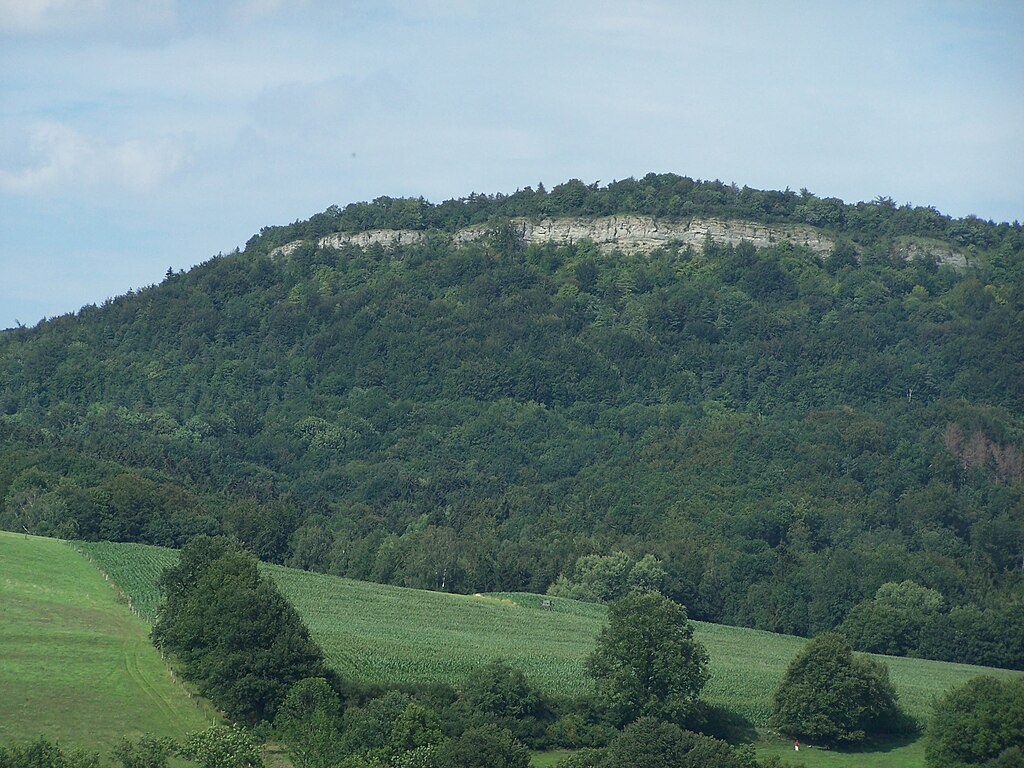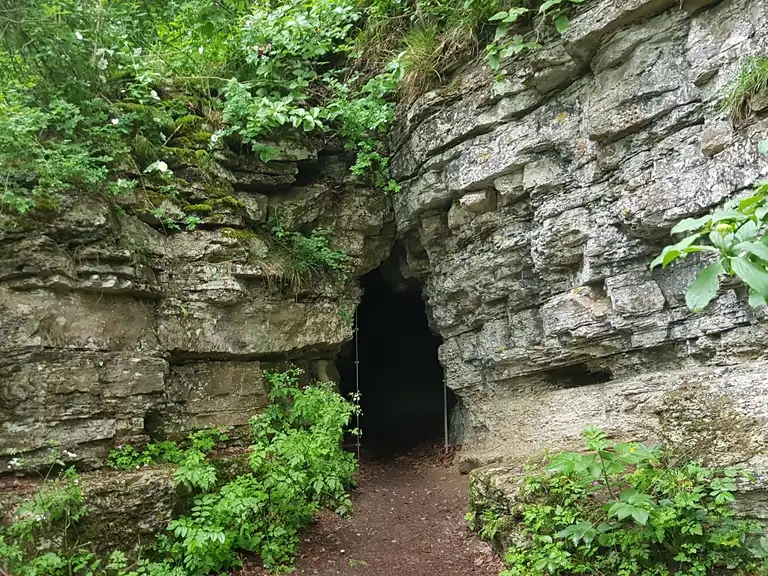
In his short story, An Ascent of the Venusberg, written in 1903, the author Pierre Louys explored the possibility of encountering the goddess of love in the contemporary world.
The Venusberg, as I have previously described, is a mountain in Germany near Eisenach in Thuringia, now called the Hörselberg. The peak is the focus of folklore and myth, being immortalised in the story of Tannhäuser by Wagner, Aubrey Beardsley, William Morris, Swinburne and- even- Aleister Crowley.
In Louys’ version of the story, a Frenchman is visiting Eisenach after attending performances of Wagner at Bayreuth. From his hotel room, he can see the Venusberg, which- due to his “sinful disposition”- looks to him “exactly like the swelling breast of a woman… It quivered; positively seemed to be alive at certain hours of the evening… [giving the impression] that Thuringia, like a goddess reclining… was letting the blood rise, in her passion, to the summit of her bare breast.”
He decides to climb the mountain one day. There is a small hostelry at the summit, where he has a meal; one of the two sisters running the place has an “obliging disposition” and makes it clear that sex is available too on top of the peak. The tourist settles instead for directions to the Venushöhle, the Grotto of Venus. It is only a short walk away, but she warns him of the madman to be found there.

The grotto of the goddess looks exactly as one might anticipate: “it was small, in the form of a vertical ellipse crowned with slender brown brambles.” The madman is also present, warning the visitor not to enter because “Venus dwells there herself in the flesh with her millions of nymphs about her.” This scarcely discourages the Frenchman, so the madman begins to rant. It seems he was once a godly and pure young man; even though he married, he renounced the temptations of the world and he and his wife lived together in a “state of grace” (or so they thought). He has learned, though, that this attempt at austere self-denial was utterly wrongheaded: it was “a lie, each day, to the law of life.” Now it is too late- he is old and still a virgin: “Woe to all virgins! For the love they have rejected all their short lives will justly torture them in the infinity of the wrath to come!”
The man sits on the mountain peak daily to commune with Aphrodite, because every evening “the Goddess sings a sweet song… she calls to me from afar, she draws me to her.” Eventually, he will perish by falling down into the Venushöhle and thence into the furnace in which the chaste are punished.
The pair wait and then “a breath of perfumes bore to our ears the languishing echo of a Voice…”- and the story ends abruptly. We can only assume that, as this is told as a reminiscence, this “sinful” young man met with no punishment from the goddess.
There are many aspects of this little account typical of Louys. He treats the ancient pagan deities as still alive and actively present in the modern world. Secondly, sex and sexuality are to the fore- though for very obvious reasons, given the subject matter. Thirdly, the author took pleasure (as he often did) in inverting and reversing the tenets of Christianity. The Venusberg is the gateway to hell, but punishment here is for the “niggards of the flesh” those who have lived “solitary lives in revolt against the great divine law.” Hell is a place full of “thousands of millions of naked women dancing,” placed there to torment those who denied themselves the pleasures of their bodies during their lives. In the philosophy of Venus (and Louys) carnal delight is good and virtuous and abstinence is unnatural. The writer had said the same six years previously in Aphrodite, when he described how “virginity displeases [the goddess].” Here he expanded on the idea, stating more clearly the principle that underlay so much of his work.
See my Louys bibliography and details of my various publications on the poet, as well as details of my book on the goddess herself.


